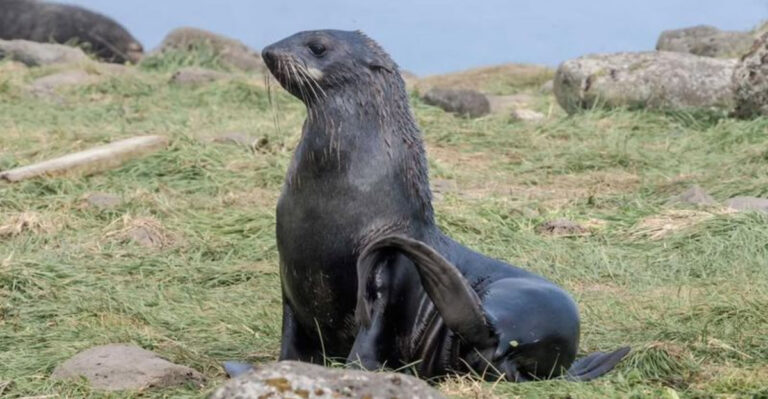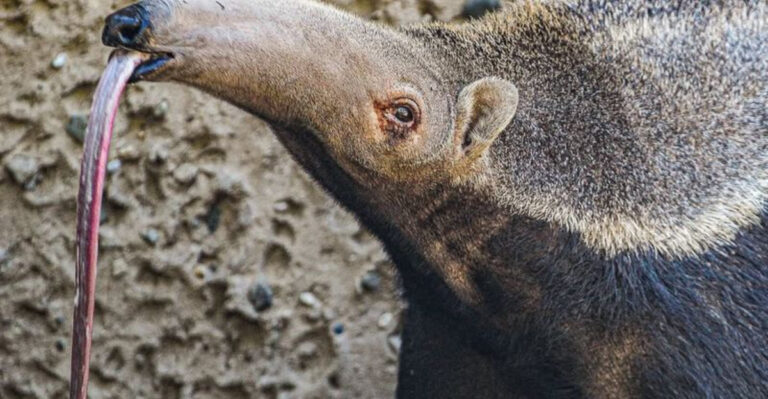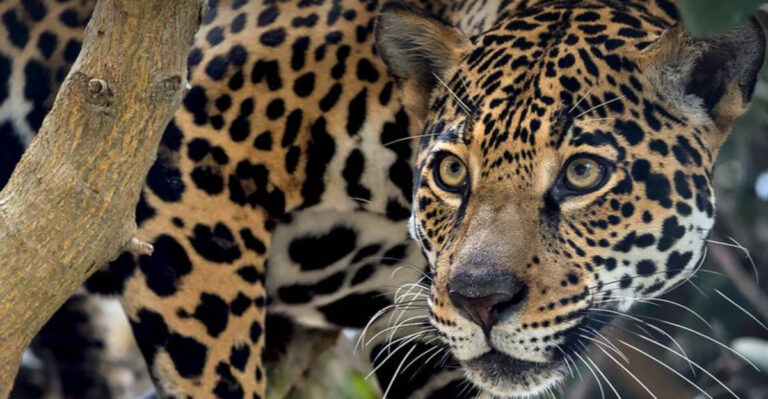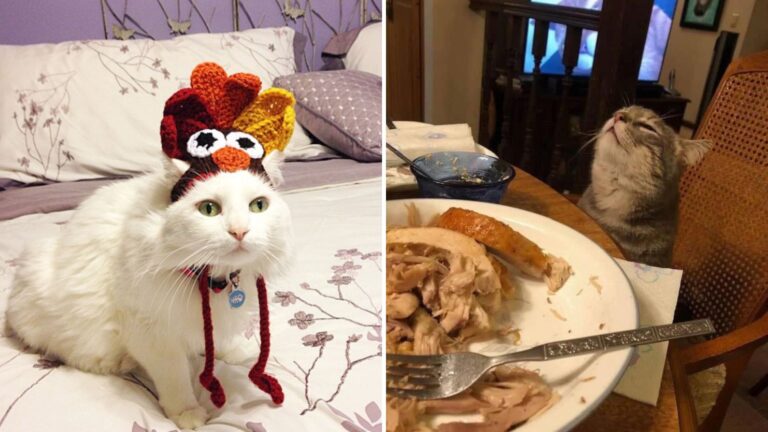16 Worst Dog Breeds For Kids – Keep Them Away
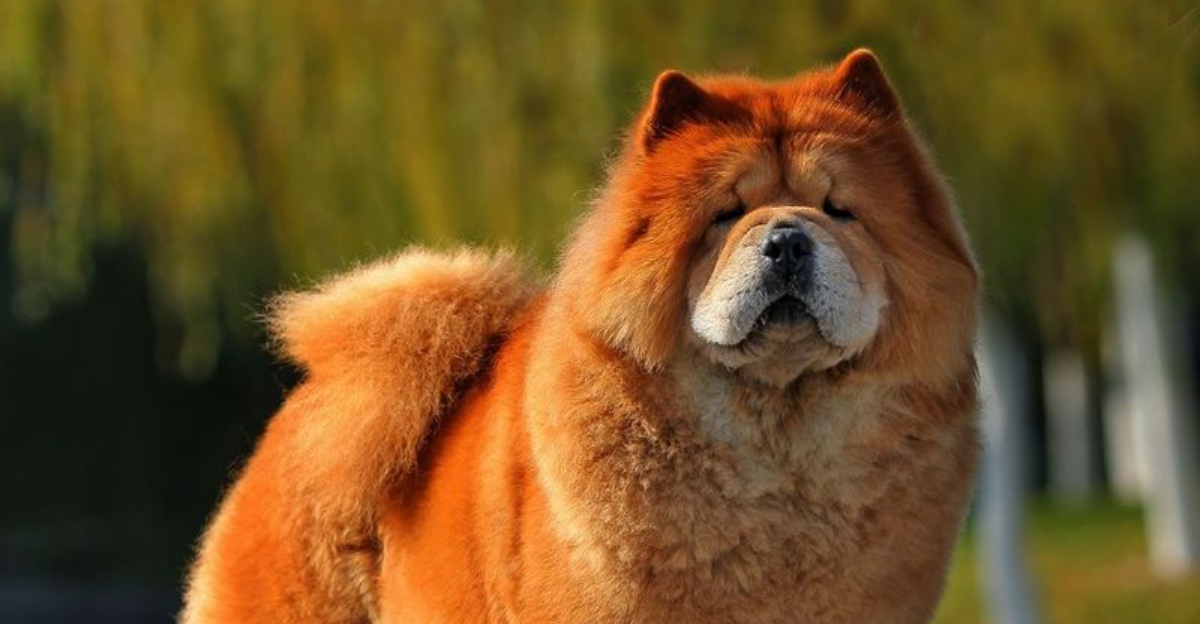
Choosing the right dog breed is crucial when you have children at home. Some breeds, despite their charm and intelligence, may not be the best fit for families with kids.
Factors like temperament, energy levels, and size can significantly impact how well a dog fits into a family environment. We’ve compiled a list of dog breeds that might not be the best companions for children. Let’s explore these breeds, bearing in mind that every dog has its own personality and exceptions exist.
1. Chihuahua
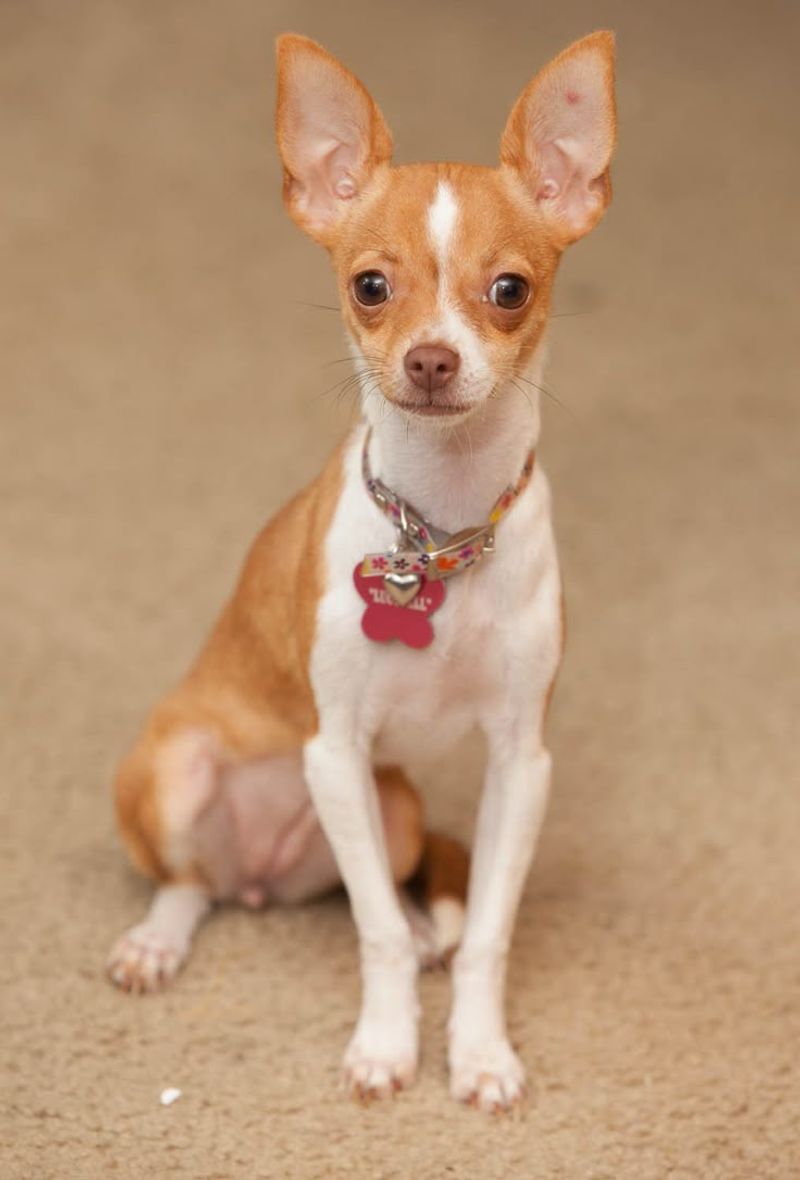
Small but mighty, the Chihuahua often packs more attitude than its size suggests. While its compact size might seem ideal for kids, this breed can be surprisingly territorial and quick to snap if provoked.
Chihuahuas tend to form strong bonds with one person, which can lead to jealousy and overprotectiveness around children. They are also known for their stubbornness, making training a challenge.
Despite their feisty nature, Chihuahuas can be loving companions for the right family, but require supervision when interacting with young kids to prevent misunderstandings and bites.
2. Dalmatian
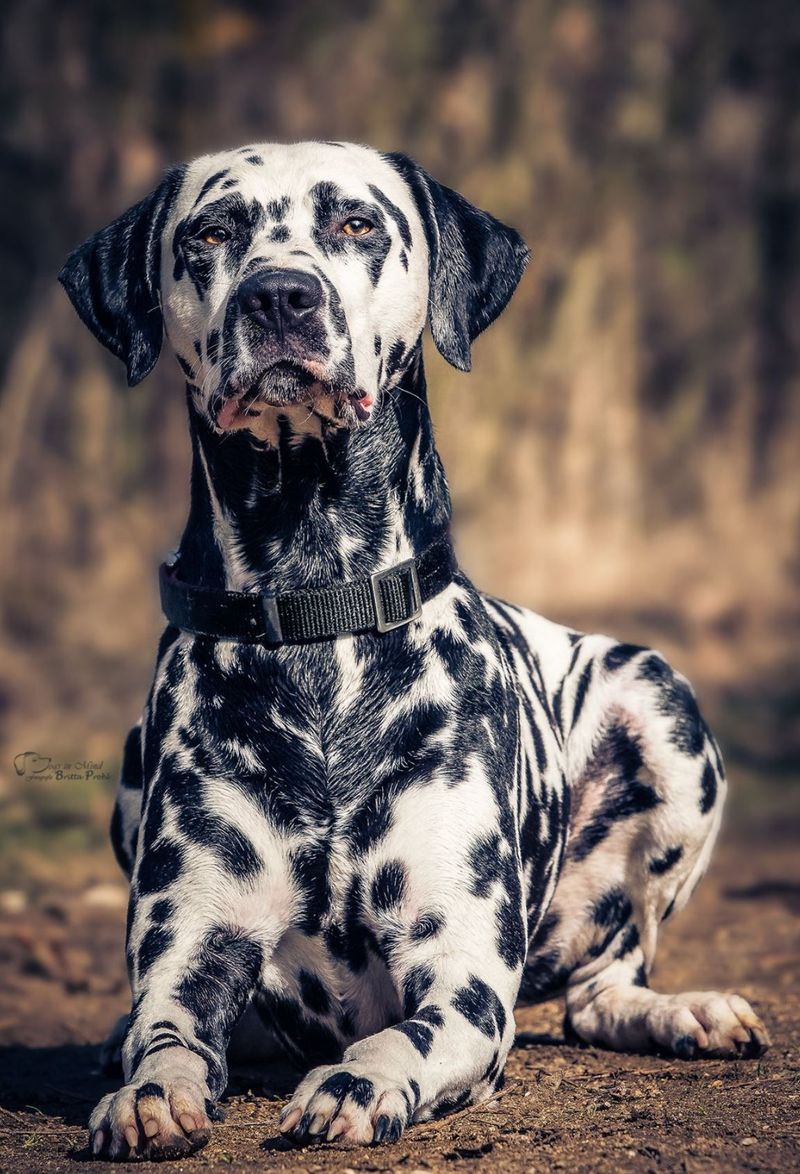
With their iconic spots and energetic nature, Dalmatians are often seen as charming companions. However, this high-energy breed requires a lot of exercise and can become restless or destructive if not properly engaged.
Known for their stubborn streak, Dalmatians may challenge even the most patient owners during training sessions. They are great at running and playing, which can be overwhelming for small children.
Due to their exuberance and size, they might accidentally knock over a child, making them less ideal for families with young kids who aren’t steady on their feet yet.
3. Chow Chow
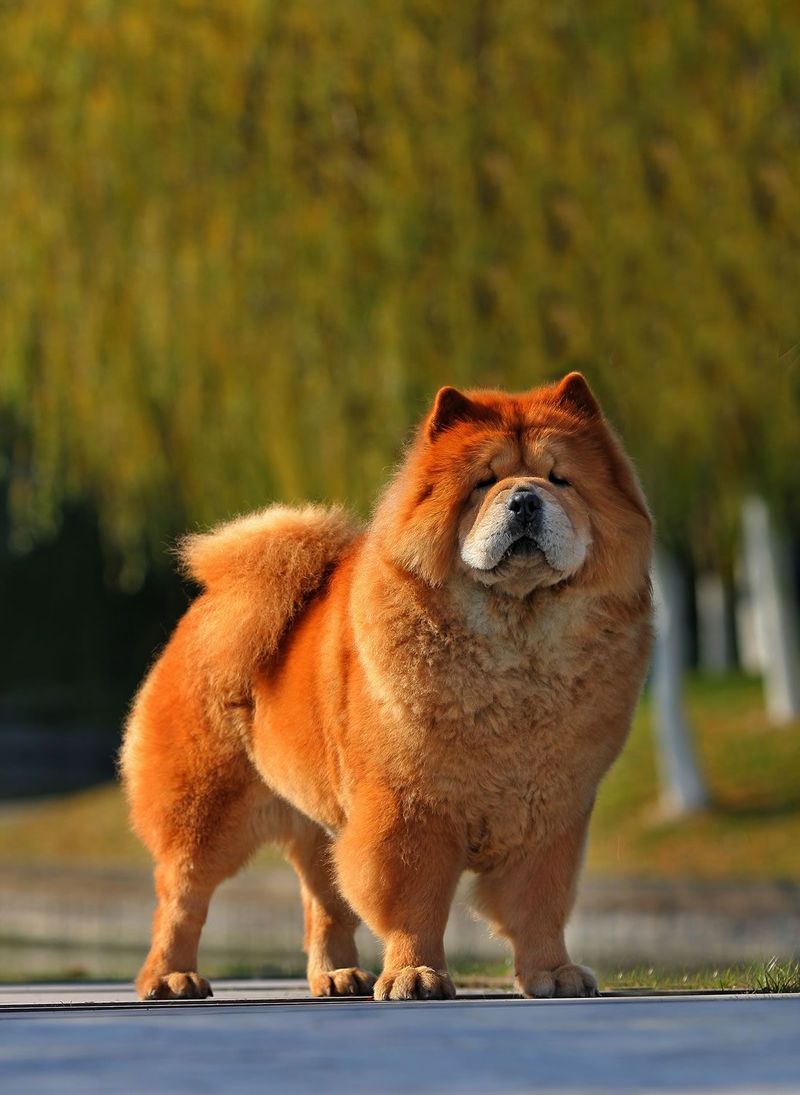
Chow Chows, with their dignified appearance and fluffy coats, look like cuddly companions. However, they are known for their aloof and independent nature, which doesn’t always mesh well with children’s enthusiasm.
This breed requires firm training and socialization from a young age to ensure they grow into well-behaved adults. Their natural reserve can sometimes be mistaken for aggression, especially if they feel threatened.
While they can be fiercely loyal to their family, Chow Chows are not always tolerant of strangers or rough handling, making them a less suitable choice for homes with young, energetic children.
4. Pekingese
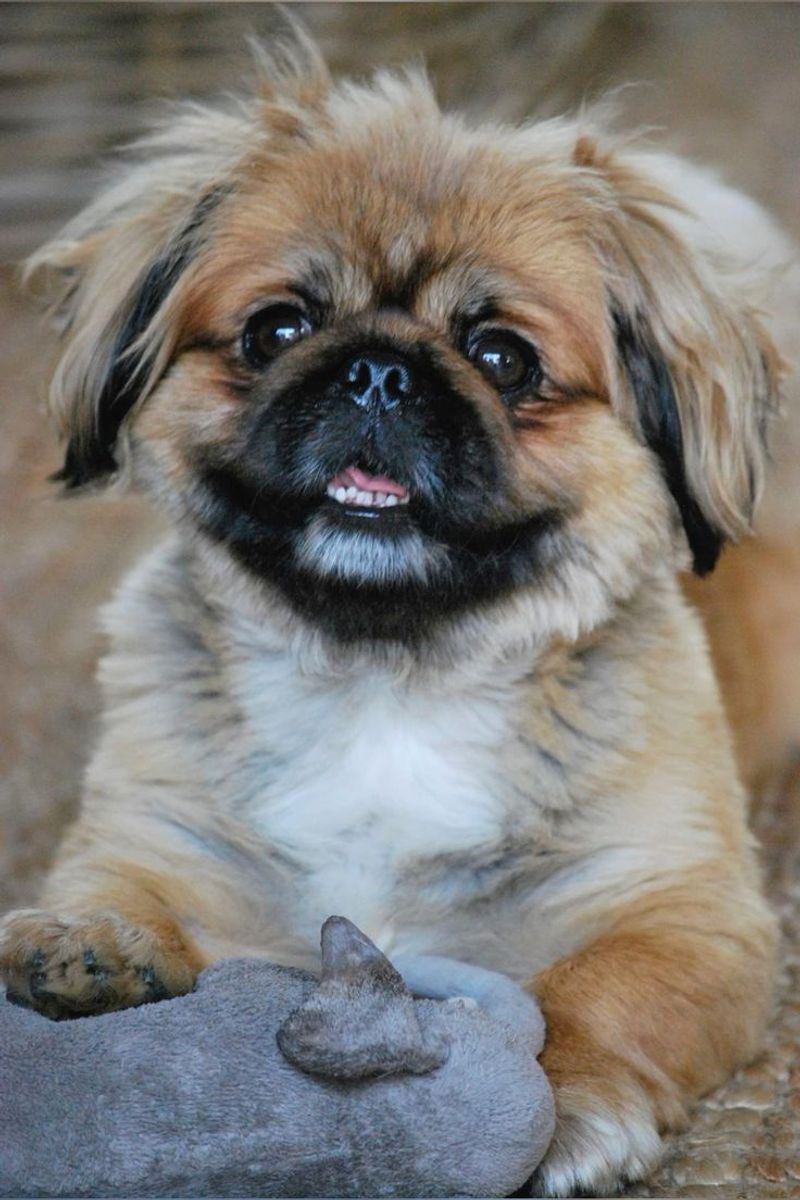
The Pekingese, with its lush coat and regal demeanor, might seem like the perfect lap dog. However, this breed’s independent nature and tendency to assert dominance can clash with young children’s playful manner.
Pekingese dogs are known for being headstrong and may not appreciate rough play or excessive handling. This can lead to growling or snapping if they feel threatened.
Although they can be affectionate, their preference for a calm environment makes them better suited for homes with older children where their space and independence are respected.
5. Mastiff

Mastiffs are gentle giants known for their loyalty and protective instincts. However, their sheer size can be intimidating and potentially dangerous for small children.
This breed requires plenty of space and a firm hand in training to ensure they understand boundaries and commands. Their drooling and massive weight might not be ideal for a family home with energetic kids.
While Mastiffs are often calm and affectionate, they need a family that can manage their size and strength, making them a challenging choice for families with very young children.
6. Jack Russell Terrier

Jack Russell Terriers are known for their boundless energy and intelligence. These traits, while admirable, can be overwhelming in a household with small children.
This breed needs constant mental and physical stimulation to prevent boredom, which can lead to destructive behavior. Their high energy levels can be tiring for families not prepared for an active lifestyle.
Jack Russells can also be stubborn, requiring consistent training and firm boundaries.
While they can be delightful companions, they demand an environment where their energy and intelligence are channeled constructively.
7. Akita

The Akita is a dignified breed known for its loyalty and protective instincts. While these traits are admirable, they can pose challenges in homes with small children.
Akitas are naturally wary of strangers and may become overprotective of their family, which can lead to aggression if not properly managed. Their strong-willed nature requires an experienced owner who can provide firm guidance and training.
Due to their independent streak and potential for aloofness, Akitas might not enjoy the constant attention and handling that young children tend to give, making them less suitable for families with young kids.
8. Dachshund

Dachshunds, with their unique body shape and playful demeanor, are often considered charming companions. However, their strong prey drive and stubborn nature can be problematic in homes with children.
This breed is known for its bravery, sometimes leading to overconfidence and trouble. They may not tolerate rough handling, which can result in defensive behavior.
While they can be affectionate and loyal, Dachshunds require patient training and socialization to ensure they don’t develop undesirable habits. Families with young children may find their independent antics and strong-willed nature challenging.
9. Shih Tzu

The Shih Tzu, often seen as a regal lap dog, can be a delightful companion for the right family. However, their stubborn streak and need for grooming can be demanding.
This breed is known for its affection but may not tolerate rough play or excessive attention from young children. Shih Tzus require regular grooming, which can be a significant commitment for busy families.
While they can be sweet and loving, they prefer a calm environment where their space and independence are respected. This makes them better suited for homes with older children who understand how to interact gently with pets.
10. Weimaraner

Known for their striking appearance and energy, Weimaraners are active dogs that require a lot of exercises. Their high energy and need for attention can be overwhelming for families with small kids.
Weimaraners are intelligent and require mental stimulation to prevent boredom, which can lead to destructive behavior. They are best suited for active families who can provide the exercise and engagement they need.
Even though they are generally affectionate, their exuberance can be too much for young children. Families considering a Weimaraner should be prepared for an energetic and demanding companion.
11. Doberman Pinscher

The Doberman Pinscher, known for its intelligence and protective instincts, can be a loyal companion under the right circumstances. However, their strong-willed nature can be challenging for families with young children.
Dobermans require consistent training and socialization to ensure they are well-behaved and calm. Their protective instincts can lead to aggressive behavior if not properly managed.
Although they can form strong bonds with their family, their size and strength mean they can accidentally knock over or injure small children. A Doberman is best suited for families who can commit to training and supervision.
12. Afghan Hound

Afghan Hounds are known for their elegance and independent spirit. These traits, while admirable, can make them less than ideal for families with small kids.
This breed’s aloof nature and need for regular grooming can be demanding for busy families. Afghans require patience and understanding, as they may not always be willing to follow commands.
While they can be affectionate, they prefer a calm and respectful environment, making them better suited for homes with older children who understand how to interact gently with pets.
13. Scottish Terrier

Scottish Terriers, with their distinctive appearance and bold personality, are often seen as charming companions. However, their independent nature and strong prey drive can be challenging for families with young kids.
This breed requires firm training and socialization to prevent undesirable behavior. They may not tolerate rough handling, which can result in defensive behavior.
While they can be loyal and affectionate, Scottish Terriers need a family that understands their unique temperament and can provide the right environment for them to thrive. Families with young children might find their strong-willed nature challenging.
14. Basenji

Known for their unique yodel-like bark, the Basenji is a curious and independent breed. These traits, while interesting, make them less suitable for families with young children.
Basenjis are known for their high energy and need for mental stimulation. Without proper exercise and engagement, they can become bored and destructive.
While they can be affectionate with their family, they prefer a calm and structured environment. Basenjis are best suited for active families who can provide the exercise and training they need, making them less ideal for homes with small kids.
15. Saint Bernard

Saint Bernards are gentle giants known for their loyalty and calm demeanor. However, their sheer size can be intimidating for small children.
This breed requires plenty of space and a firm hand in training to ensure they understand boundaries and commands. Their drooling and massive weight might not be ideal for a family home with energetic kids.
Saint Bernies are often calm and affectionate, they need a family that can manage their size and strength, making them a challenging choice for families with very young children.
16. Alaskan Malamute

Alaskan Malamutes, known for their strength and endurance, are bred for hard work. While they are affectionate, their energy and independence can be overwhelming for families with young kids.
This breed requires consistent training and socialization to ensure they are well-mannered and calm. Their size and strength mean they can accidentally cause harm during playtime.
They require an environment where their physical and mental needs are met. Families considering an Alaskan Malamute should be prepared for an energetic and demanding companion.

